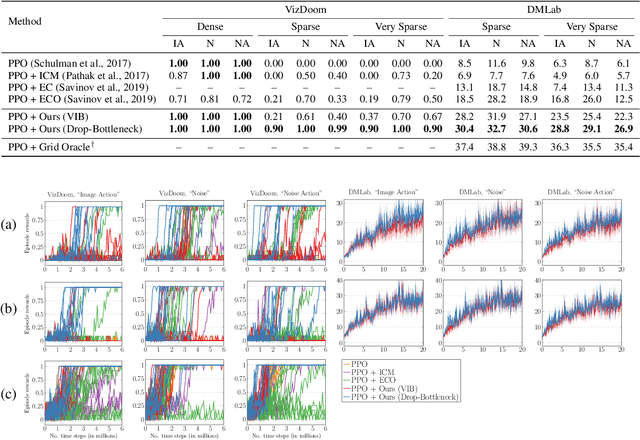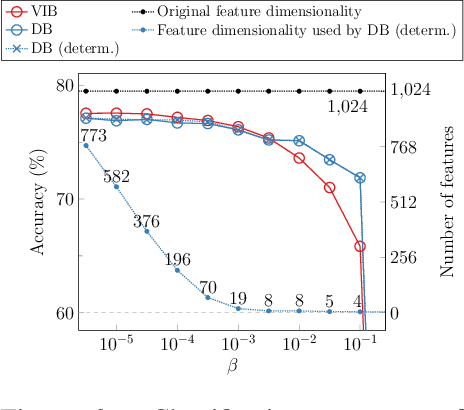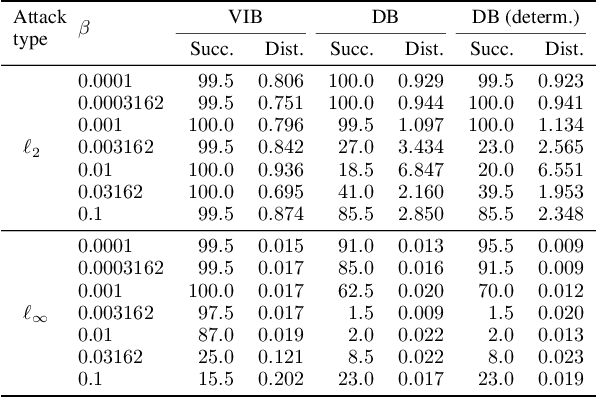Dongyeon Woo
Sample Selection via Contrastive Fragmentation for Noisy Label Regression
Feb 25, 2025Abstract:As with many other problems, real-world regression is plagued by the presence of noisy labels, an inevitable issue that demands our attention. Fortunately, much real-world data often exhibits an intrinsic property of continuously ordered correlations between labels and features, where data points with similar labels are also represented with closely related features. In response, we propose a novel approach named ConFrag, where we collectively model the regression data by transforming them into disjoint yet contrasting fragmentation pairs. This enables the training of more distinctive representations, enhancing the ability to select clean samples. Our ConFrag framework leverages a mixture of neighboring fragments to discern noisy labels through neighborhood agreement among expert feature extractors. We extensively perform experiments on six newly curated benchmark datasets of diverse domains, including age prediction, price prediction, and music production year estimation. We also introduce a metric called Error Residual Ratio (ERR) to better account for varying degrees of label noise. Our approach consistently outperforms fourteen state-of-the-art baselines, being robust against symmetric and random Gaussian label noise.
Drop-Bottleneck: Learning Discrete Compressed Representation for Noise-Robust Exploration
Mar 23, 2021



Abstract:We propose a novel information bottleneck (IB) method named Drop-Bottleneck, which discretely drops features that are irrelevant to the target variable. Drop-Bottleneck not only enjoys a simple and tractable compression objective but also additionally provides a deterministic compressed representation of the input variable, which is useful for inference tasks that require consistent representation. Moreover, it can jointly learn a feature extractor and select features considering each feature dimension's relevance to the target task, which is unattainable by most neural network-based IB methods. We propose an exploration method based on Drop-Bottleneck for reinforcement learning tasks. In a multitude of noisy and reward sparse maze navigation tasks in VizDoom (Kempka et al., 2016) and DMLab (Beattie et al., 2016), our exploration method achieves state-of-the-art performance. As a new IB framework, we demonstrate that Drop-Bottleneck outperforms Variational Information Bottleneck (VIB) (Alemi et al., 2017) in multiple aspects including adversarial robustness and dimensionality reduction.
 Add to Chrome
Add to Chrome Add to Firefox
Add to Firefox Add to Edge
Add to Edge